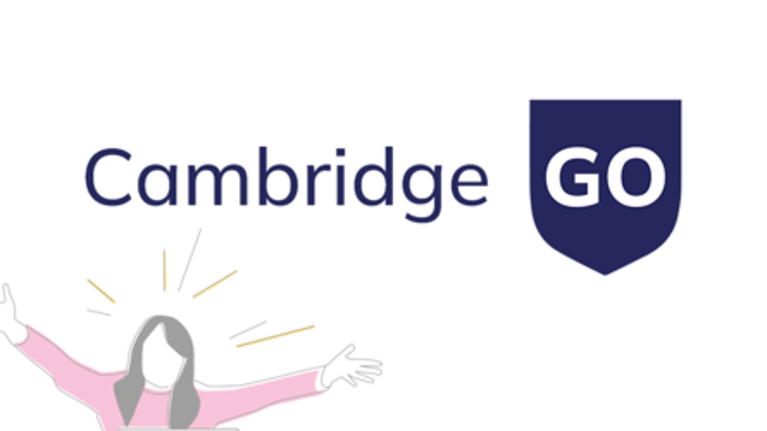Cambridge International AS Level European History 1789–1917
Overview
Written in clear and accessible language, this title covers the History of Europe from 1789 to 1917. Features include key questions, timelines, definitions of key terms, profile of key figures, notes to highlight significant points and formative questions to consolidate learning.
Each chapter reinforces knowledge and builds skills using detailed study of primary and secondary sources to help students achieve their best. Exam support is offered in a final Examination Skills chapter offering advice on exam technique and how to approach source investigation and structured essay questions.
Features
- Endorsed by Cambridge International Examinations.
- Examinations Skills chapter offers comprehensive support on exam techniques and preparation.
- Original source documents relate to descriptive/contextual narrative.
- Clear, concise layout to guide students through content and methodology.
Contents
- Introduction
- 1. The French Revolution and Napoleon 1789–1804
- The aims and domestic problems of French politicians 1789–95
- The instability of French governments 1791–95
- Napoleon Bonaparte's rise to power
- Napoleon's domestic aims 1799–1804
- 2. The Industrial Revolution c.1800–50
- Causes of the Industrial Revolution by 1800
- What factors encouraged and discouraged industrialisation from 1800 to 1850?
- The social effects of the Industrial Revolution on different classes
- The political effects of the Industrial Revolution up to 1850
- 3. Liberalism and nationalism: Italy and Germany 1830–71
- The rise of nationalism in Germany and Italy
- Prussia and the unification of Germany
- Italian leaders and the unification of Italy
- 4. The origins of the First World War
- The development of the alliance system
- Militarism and the naval race
- Instability in the Balkans
- Reasons for the outbreak of war in 1914
- 5. The Russian Revolution 1905–17
- Russia at the beginning of the 20th century
- The causes and immediate outcomes of the 1905 Revolution
- The strengths and weaknesses of Romanov rule 1906–14
- The causes of the February Revolution in 1917
- The Bolsheviks' rise to power
- 6. Examination skills
- What skills will examiners be testing and how?
- Knowledge and understanding questions
- Analysis and evaluation questions
- Source-based questions
- Examination technique
- Index
- Acknowledgements.
Brighter Thinking Blog
Keep up to date with the latest classroom tips and educational trends from our brighter thinkers.
Visit the blogCatalogues and Ordering
Looking for something in particular or just browsing? View our catalogues to see our full range of print and digital books.
View and downloadAdvice on useful tools
Advice on useful tools, activities and timetabling from teachers experiencing school closures.
Cambridge GO
All our supporting resources have now moved to Cambridge GO – the new home for your Cambridge digital content.
Listen to our podcast
Listen to our podcast to discover teaching inspiration & advice from leading educational thinkers.







